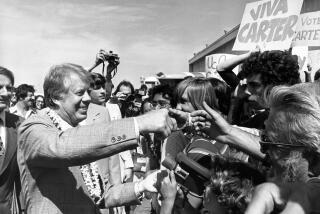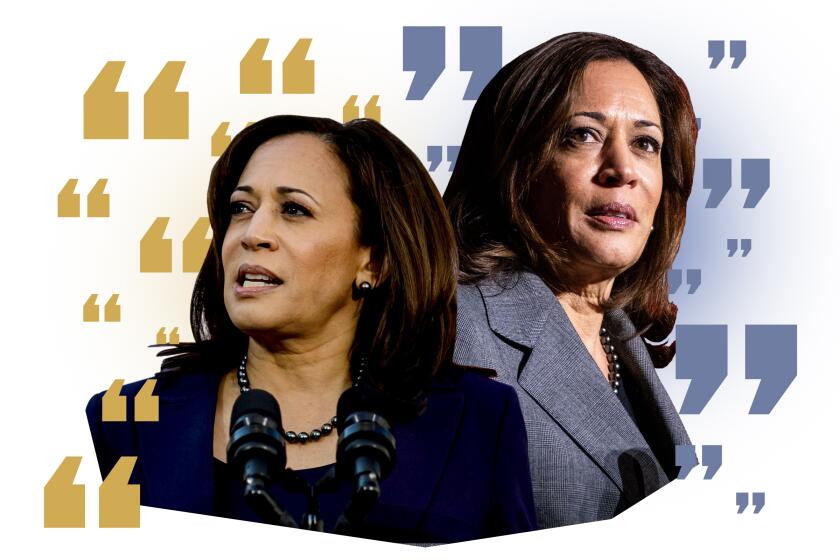U.S. Election Process
In âBill Clinton: Americaâs Blind Date,â (Commentary, March 25) Richard Reeves states he âwould not list character as one of my top 10 criteria in judging political candidates.â He then laments the unattractive field of presidential choices and wonders, âHow did we get ourselves into this mess?â
Well, one way we got ourselves into this mess was all the pseudo-chic about the unimportance of âcharacter.â We got here because too many people bought into the sophistry that (in Reevesâ words) what politicians âsay and do in public is more important than how they treat their wives or husbands.â We got here because of the counter-intuitive pretense that private dishonesty, faithlessness and similar sleaze will not spill over into public behavior (however well-hidden), as though a person who lies to and abuses the spouse with whom he or she lives will behave with truthfulness and rectitude toward millions of constituents whom he or she has never even met.
âCharacterâ is important because it forms a basis for trust and predictability concerning oneâs future conduct in difficult situations. It gives us some assurance of what a politician will âsay or doâ before itâs said and done, and possibly before great harm is done to someone elseâs private life or to a nation.
As I read the article, I recalled some words of C.S. Lewis: âWe make men without hearts, and demand of them virtue. We laugh at honor, and are surprised to find traitors in our midst.â
WILLIAM M. FISCHBACH, Newport Beach
More to Read
Get the L.A. Times Politics newsletter
Deeply reported insights into legislation, politics and policy from Sacramento, Washington and beyond. In your inbox three times per week.
You may occasionally receive promotional content from the Los Angeles Times.










